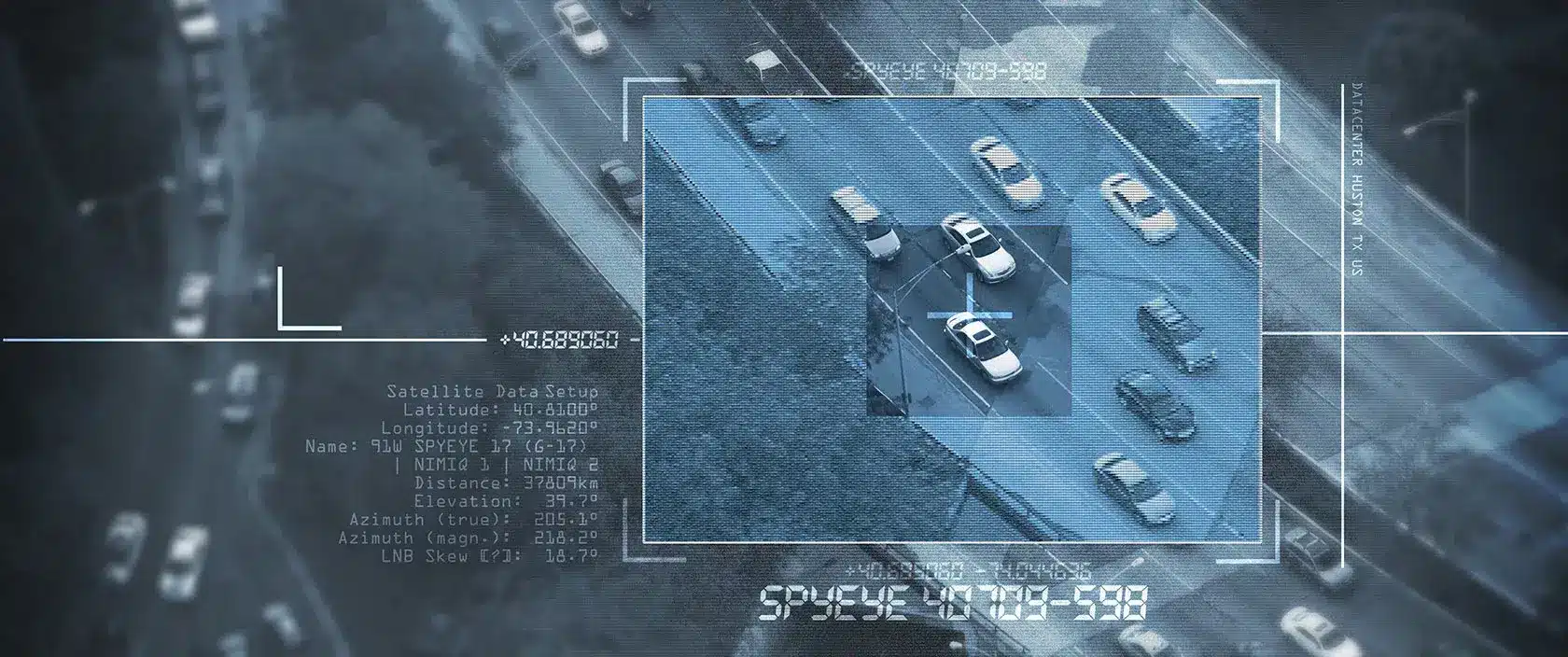Auto theft has soared in the last couple of years as there were more than 1 million vehicles stolen in 2022 for an estimated $8.9 billion worth of vehicle theft losses according to the National Insurance Crime Bureau (NICB). This is the first time it has surpassed 1 million since 2008 and it’s a 7% increase over 2021. This equates to about 2 vehicles stolen every minute. Since 2019, the number has climbed by 25%.
This is an expensive and concerning problem that affects automotive dealerships. The most impacted businesses are dealerships selling new and used Chrysler, Dodge, Jeep, and Ram vehicles. Crime rings go after these high-performance vehicles because they’re fast. It allows them to outrun the patrol cars as they travel 150 mph.
What High-Performance Vehicles Are Targeted in Auto Thefts?
Aside from their speed, crooks choose high-performance vehicles because they can sell them for good money. A story from The Drive says a stolen Jeep Grand Cherokee Trackhawk could sell for $15,000 of quick cash to the thief, which is a fraction of the retail value. Auto thefts take place across the U.S. and Canada including some recent incidents in Indiana, Michigan, Pennsylvania, and Ohio.
“As The Associated Press reports, dealers in the Detroit area have been suffering as a result of these thefts,” Peter Holderith writes. “Even if the stolen vehicles are recovered, they are worth a fraction of what they were previously. As the car’s electronic security system seems so easily defeated, some dealers have resorted to booting Hellcat-powered vehicles overnight to prevent thefts.”
The most common high-performance vehicles stolen include the following:
- Dodge Charger SRT
- Dodge Charger HellCat
- Dodge Challenger SRT Hellcat
- Dodge Challenger Demon
- Jeep Trackhawk
- Jeep Grand Cherokee SRT8
Unfortunately, recovering stolen vehicles still drastically cuts their value prior to auto theft. The stories indicate it’s been easy to beat the security systems in these high-performance vehicles.
How Are These High-Performance Vehicle Thefts Committed?
An AP News story indicates criminals used cloned key fobs to steal high-performance Dodge cars. AP News also mentions the use of a locksmith tool, which is handheld electronic “pro pads.” These clone keys by plugging into the cars’ interior ports.
In one case, the thieves simply found the keys in a desk drawer. While some dealerships have added concrete barriers, that hasn’t been enough to deter some crimes. One group stole vehicles from a dealership and drove them through the showroom’s glass wall.
Tap into Bloomfield reports on an investigation involving multiple search warrants in New Jersey. The police found reprogrammed key fobs, programming equipment, and $225,000 worth of stolen vehicles.
The thieves use many methods to start and steal these cars. In fact, these are some of the high-tech trends you need to know about.
1. Key relay devices
Key relay devices are easily found on the internet. The way they work is they put the device between the fob and the car. This sends the relay signal from the fob to the car, which opens and starts the vehicle.
The way to protect yourself from key relay devices is to park the vehicles indoors, which is hard to do for dealerships, but pulling the cars into the service bays at night may keep your inventory intact for the next day. Another option is to disable the fuel pump or starter and keep the keys in a Faraday bag.
Crooks may use a repeater box that lets them steal a high-performance car in 30 seconds without keys.
2. Steal key programming tablets
Thieves will swipe key programming tablets from locksmiths. The technology gives them the ability to create a new key. The defenses are the same as they are for key relay devices, which are to park the vehicle indoors and disable the fuel pump or starter.
3. Programing an alternative key by using the display panel on the console
To commit auto theft using this method requires breaking into the car to access the screen inside the car. Once they get in the car, they can program any Dodge key and any FCA key through the vehicle’s display console. They can program any Mopar key in about 20 seconds.
It doesn’t matter if the company issues a security update. This method will still work. Once again, the defenses are to park indoors and disable the fuel pump or starter, which aren’t possible for all businesses.
These defenses don’t stop auto theft. They delay and frustrate the thieves. It may compel them to go elsewhere. These added barriers help to buy time for the police to arrive.
How Can Dealerships Deter Auto Thefts?
Several news stories recommend adding concrete barriers and putting boots on vehicles. But again, these aren’t always possible to do. Moreover, the police may not come because some police are cutting back on responding to non-emergency crimes. It’s possible that auto theft won’t be considered an emergency.
Dealerships and other businesses can issue a notice to their customers warning them about vehicle thefts and share these tips from The Drive.
- Install a battery disconnect switch.
- Install a kill switch, which may require a professional installation.
- Lock all windows and doors.
- Park in a well-lit area.
- Park in a secured location like a garage or a parking structure.
- Install a GPS tracking device.
- Use a steering wheel lock.
You might think having onsite security guards will solve the problem. Unfortunately, most security guards are not allowed to engage in pursuits. They don’t all carry a weapon as laws vary by state. Security guards don’t get the kind of training that the police officers do, if any.
Moreover, security guards cannot see the entire property at once. They can only see the area where they are patrolling. To have complete property coverage could be cost-prohibitive as the cost of security guards multiplies with each addition.
The high-performance auto thefts happen so quickly. Therefore, companies are investing in commercial-grade security technologies like remote video surveillance.
Setting up remote video surveillance involves a security professional who installs high-definition video security cameras around the property. They can help ensure every part of the business has high-definition surveillance cameras on it.
These cameras, equipped with advanced analytics, can scan the property for any activity that falls outside of the pre-programmed scenarios. When something unusual happens, the cameras will alert a trained security professional who can quickly assess the situation and take action. This could mean activating an onsite speaker to warn the intruders they are being watched and/or calling the police while continuing to track the suspects’ movements.
Video surveillance offers many more benefits besides deterring crime. It can help with liability claims and find opportunities for enhancing operational efficiencies. Liability cases are hard to win without evidence. The video recordings can give you the proof you need to show that your business isn’t liable.
Every industry has different remote video surveillance requirements. Be sure you look for a company with experience in your industry. It can increase your chances of optimizing your investment and seeing a faster ROI for the security technology.
For specific information on security for your industry, select the article of interest:
- Essential Tips for Training Staff on Dealership Security Procedures
- Baltimore-area car theft ring stopped
- 10 signs of suspicious activities that dealerships need to know
To learn more about video surveillance with remote monitoring to help protect your dealership from high-performance auto thefts, pick up this guide on Security Systems 101 or check out how a security company teamed up with law enforcement to catch members of an auto theft crime ring. Got questions? Please feel free to contact us.
Texas Private Security License Number: B14187
California Alarm Operator License Number: ACO7876
Florida Alarm System Contractor I License Number: EF20001598
Tennessee Alarm Contracting Company License Number: 2294
Virginia Private Security Services Business License Number: 11-19499
Alabama Electronic Security License # 002116
Canada TSBC License: LEL0200704





